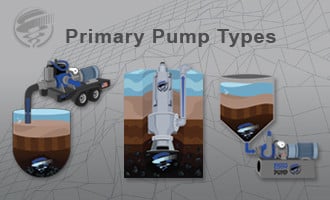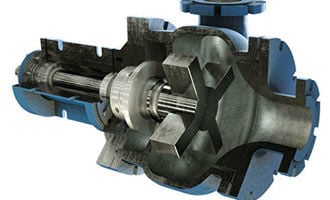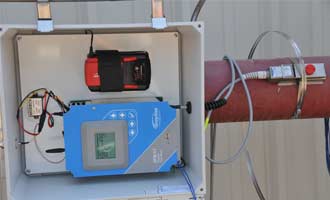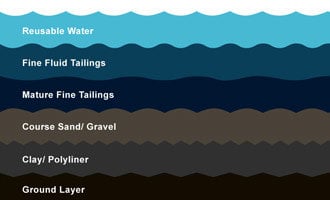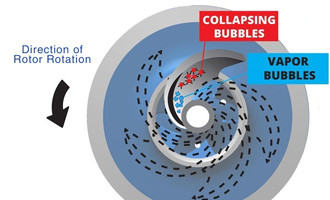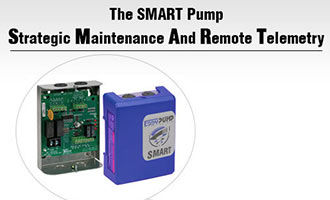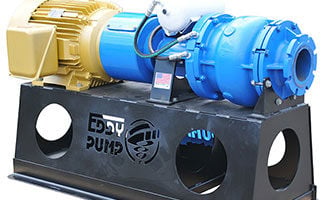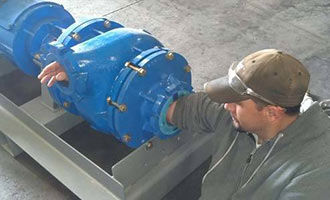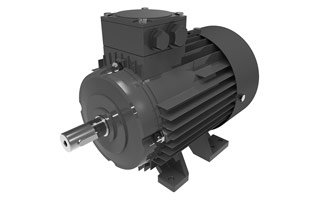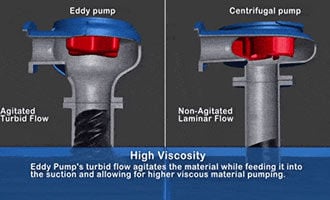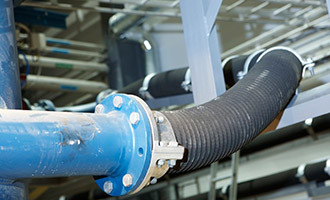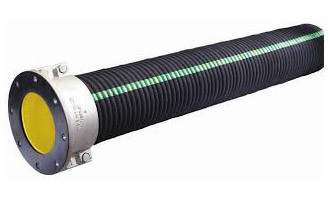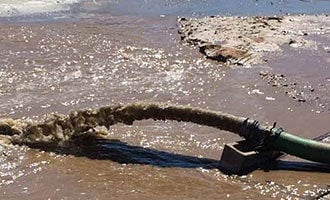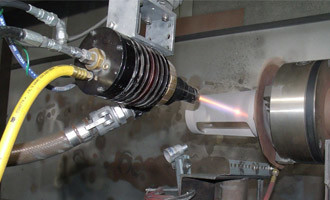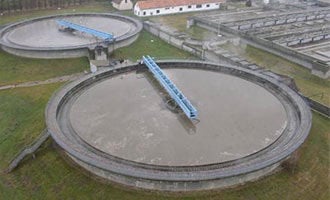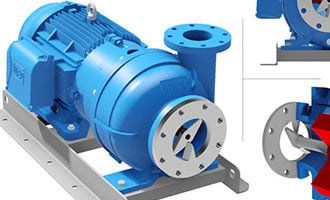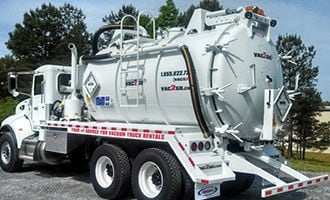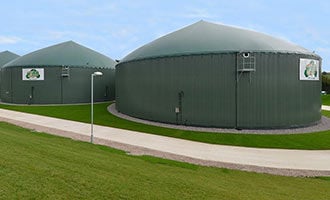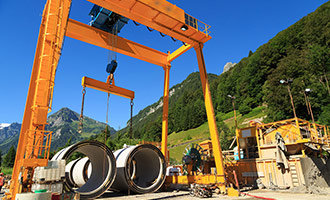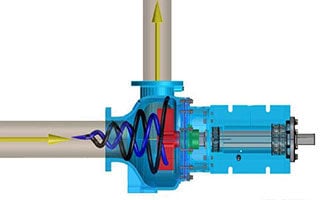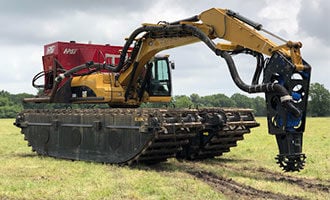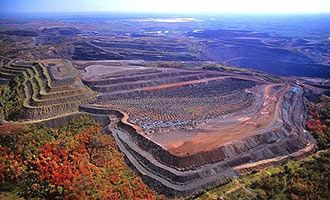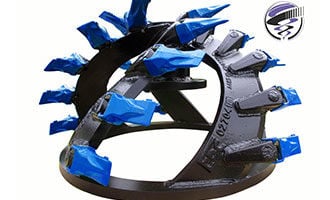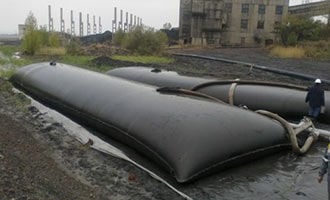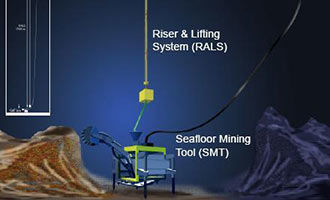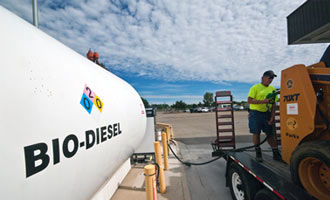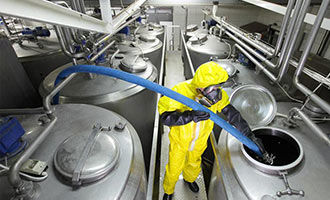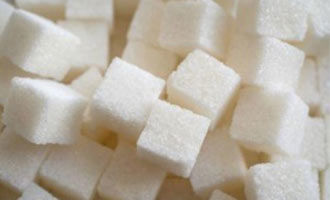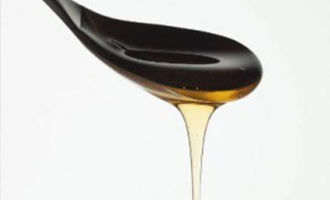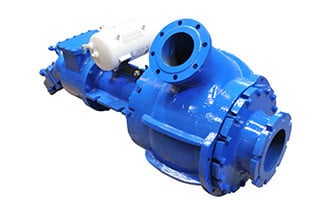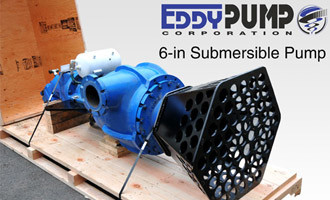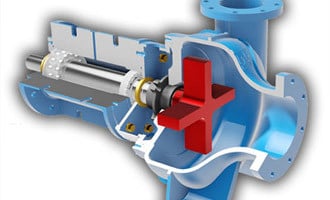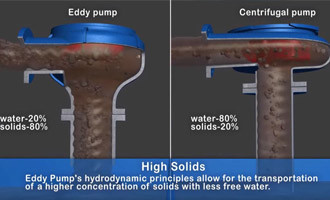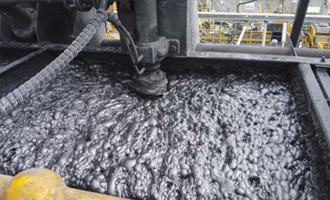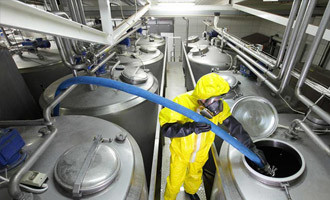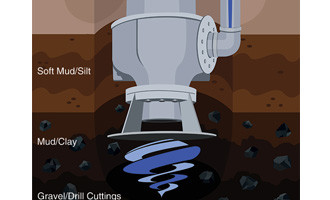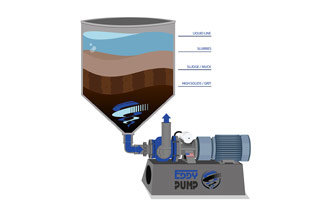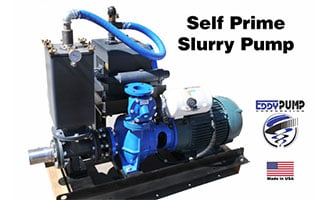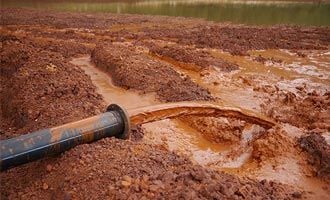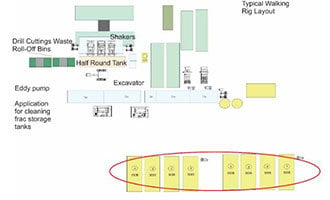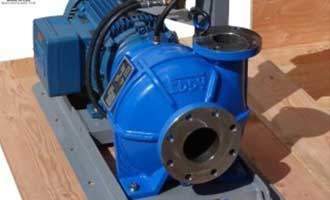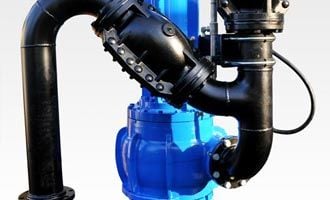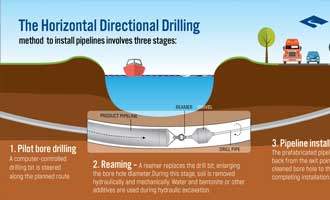What is a Non-Clog Pump?

What is a Non-Clog Pump?
Non-Clog pumps are of great utility when you have to pump highly viscous fluids. Traditional centrifugal pumps are not up to the task owing to their dynamic variation in performance. Let’s learn about the features that help prevent clogs in pumps and the advantages they bring.
Definition of Non-Clog Pumps
A non-clog pump generally refers to pumps with a 100% recessed impeller or specially designed open rotor. This design allows the passing of solid objects equal to the width of the discharge of the pump. They are designed to pump highly viscous fluids without failing.
The deployment options are
- Flooded suction non-clog pumps
- Submersible non-clog pumps
- Self-priming non-clog pumps
While non-clog centrifugal pumps are great at moving water, adding solids or other abrasives can be destructive for them. It can fail, reduce the life of the pump, cause downtime, and loss of production days.
Critical Features of a Non-Clog Pump
Solids Handling Ability
A good non-clog pump should feature an open rotor design with a recessed rotor that allows the pump to pass very large solids. It should be able to deal with objects such as rocks and handle large particle-laden fluids without damaging or clogging the pump. It should have the capability to pass solids that are almost the diameter of the pump inlet porting. The range of solid sizes to be handled could be from 1 inch to 12 inches in size.
Ability to Pump High Viscosity Materials
Conventional pumps struggle with pumping high-viscosity fluids because of the difficulty drawing the fluid into the pump. The non-clog pump inlet should assist with drawing viscous fluid in through the inlet port of the pump and into the volute. When pumping high-viscosity thixotropic materials, the rotor should agitate the fluid causing it to flow better through the discharge piping. This shear thinning effect on the fluid helps it to overcome friction losses while maintaining a more steady flow. This is a critical feature needed for a non-clog pump dealing with highly viscous fluids.
Pumping High Specific Gravity
The non-clog pump should be able to move heavy materials through long pipelines. They need to create a turbulent flow that helps keep the heavier and abrasive materials in suspension. Maintaining suspension assists material movement in the pipeline as the fluid does not settle down in the pipe.
Centrifugal pumps create a laminar flow which causes the material to settle at the bottom of the piping. This interferes with the effective flow of the fluid and also causes greater wear inside the lower portion of the piping.
Pump High Abrasive / Corrosive Material
The non-clog pump performance should not need to rely on maintaining critical tolerances between the rotor and the volute. You should choose the pump case and rotor materials depending on the fluid to be pumped. It will then perform well even for pumping abrasive and corrosive materials.
Centrifugal pumps are designed with critical tight tolerances that must be maintained if consistent flow rate and efficiency are desired. When pumping highly viscous fluids these tight tolerances are affected due to wear at the impeller. Increased wear happens to the corrosive nature of the fluid. This can increase the spacing between the impeller and the inside of the pump casing. The effect is the creation of slip, reduced pump efficiency, and reduced flow rate. Centrifugal pumps, therefore, have issues dealing with highly viscous fluids.
Why EDDY Pump is the right non-clog pump solution?
Caption: An EDDY Slurry Pump
- The EDDY Pump’s completely open rotor design makes it the right non-clog pump on the market for you.
- Its patented design makes it completely different from any centrifugal, vortex, or positive displacement pump.
Image caption: Difference between a Traditional Pump and a Non-Clog Pump
- The EDDY Pump does not have an impeller but is equipped with a geometrically designed rotor instead. When this rotor spins, it harnesses the power of a tornado with hydrodynamics, creating a perfectly synchronized eddy current. It is this eddy current that agitates the material and moves it through the pump. It, therefore, has no issues due to clogging found in traditional pumps.
- The EDDY non-clog pump has all the previously talked about essential features for the right non-clog pump and a lot more. It addresses fluids with even less than 5% free liquid.
When choosing us, you will experience less clogging, increased uptime, lower maintenance costs, and greater output in your pumping solution.
About EDDY Pump Corporation
EDDY Pump Corporation is a globally renowned premier industrial pump manufacturer founded in 1984. To know more about us, please follow this link. Our mission statement states it well: “We pump solids, not water”.
We make state-of-the-art non-clog submersible pumps and non-clog sewage pumps. The EDDY Pump Corporation offers a full line of products that are specifically designed for high viscous fluids.

Cross Section of a Horizontal Slurry Pump
EDDY Pumps are non-clog pumps with the following features:
- Open Rotor Design
- 40-70% Solids Pumping by Volume
- Ability to pump objects of up to 11-inches in diameter
- Backed by State-of-the-Art Research and Development Facilities
- 100% American Made
- Low Total Ownership Cost
How should you select the right non-clog pump?
A non-clog pump needs to have special features that can address the pumping of non-newtonian highly viscous fluids well. These will enable it to withstand wear and tear without failing, clogging, or compromising its performance. A centrifugal pump by design is not a non-clog pump for highly viscous fluids.
For your non-clog slurry pump, or dredging equipment application in construction, mining, chemical, oil & gas, pulp and paper, sewage treatment, and marine industries, contact us or call us at 619-558-3250. Request a free sales quote at free sales quote.
FAQs
FAQ 1: What are the benefits of using a non-clog pump?
It can withstand the wear and tear of dealing with highly viscous fluids without clogging or failing. This leads to improved performance, lesser downtime, and longer useful life for the pump.
FAQ 2: What is a non-clog pump and how does it work?
A non-clog pump has a specially designed open rotor. This allows the passing of solid objects equal to the width of the discharge of the pump.
FAQ 3: What industries commonly use non-clog pumps?
Non-clog pumps are highly sought after in applications that require transporting high solids material such as mining, sewage treatment(non-clog sewage pump), oil/gas industry, dredging, etc to name a few.
FAQ 4: How is a non-clog pump different from a traditional pump?
A non-clog pump has a special kind of mechanism that agitates the highly viscous fluid through the piping. It is able to deal with high viscosity, high specific gravity, and abrasive and corrosive materials without failing. This is not the case with a traditional non-clog centrifugal pump which has close tolerances and cannot handle highly viscous fluids.
Related Products
HD (Heavy Duty) Slurry Pumps
Why EDDY Pumps Are Better – Highlights
This video shows how EDDY Pump transports high slurry and abrasive materials. Featured dredge pump equipment includes the Remote Operated Subdredge, Diver Operated Pump and a Excavator Attachment Dredge Pump.
Why EDDY Pumps Are Better - Highlights
This video shows how EDDY Pump transports high slurry and abrasive materials. Featured dredge pump equipment includes the Remote Operated Subdredge, Diver Operated Pump and a Excavator Attachment Dredge Pump.

